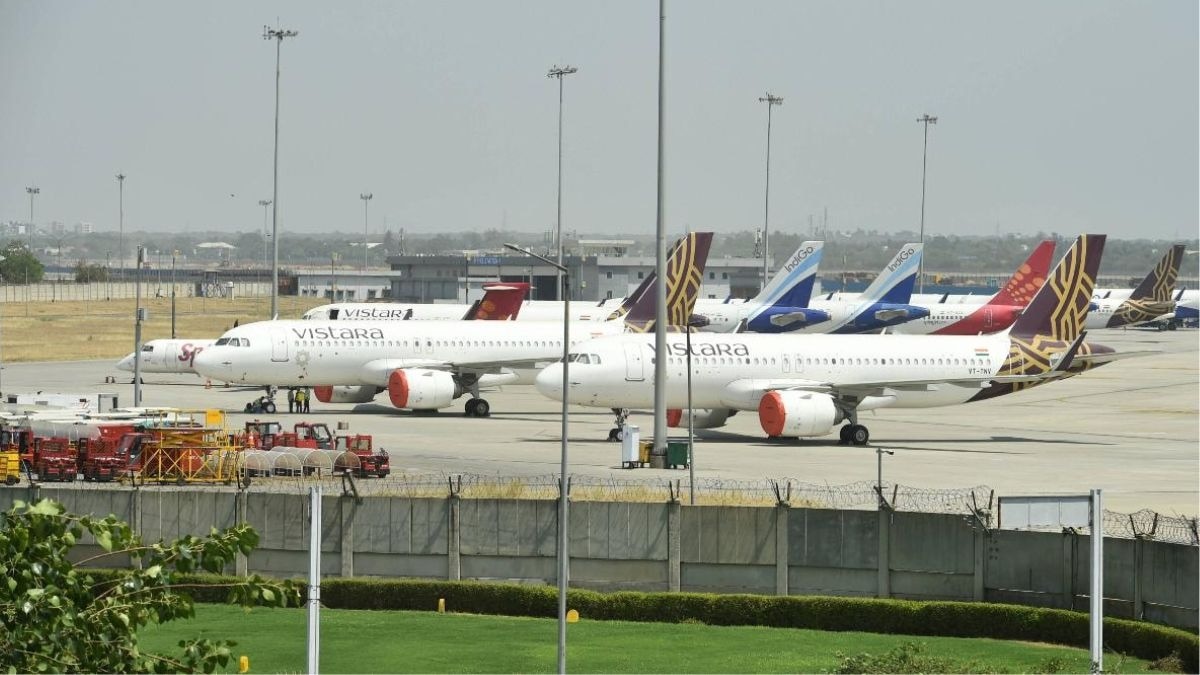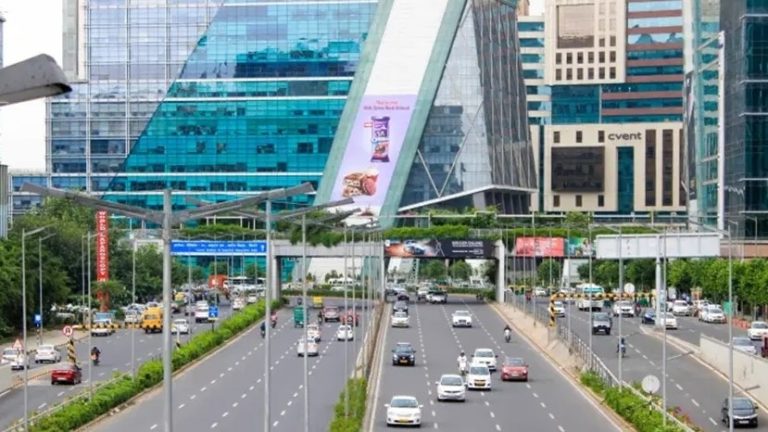The Centre has clarified that the pending dues to the Central Industrial Security Force (CISF) for airport security services, estimated at around Rs 3,000 crore, are a sector-wide cumulative backlog, not attributable to any single airport operator. The dues are tied to the passenger security fee (PSF), a statutory charge collected from passengers by airport operators to fund CISF deployment.
The backlog stems from the Covid-19 pandemic period (2020–21), when air travel plummeted and many operators were unable to transfer PSF collections on time. At its peak, the nationwide shortfall reportedly touched Rs 5,000 crore. Although air travel has since rebounded, bringing in improved revenues for airport operators, the arrears have not yet been fully resolved. As of mid-2025, the amount pending has narrowed to around Rs 3,000 crore, according to officials familiar with the matter.
According to sources at the Ministry of External Affairs (MEA), the backlog has since been reduced, with around Rs 3,000 crore still pending. This is spread across both public and private airport operators, including the Adani Group, GMR, GVK, and Airports Authority of India (AAI).
“These dues are being cleared gradually, and no single operator is solely responsible,” an official said.
The issue of unpaid dues to the CISF by both private airport operators and those run by the Airports Authority of India (AAI) had escalated into a serious concern. In 2018, the Ministry of Home Affairs reportedly warned of withdrawing CISF personnel from airports if the outstanding payments were not cleared. The situation prompted intervention from the Prime Minister’s Office, which stepped in to defuse tensions and ensure continuity of airport security services.
To bring structure and transparency to the funding of airport security, the government established the National Aviation Security Fee Trust (NASFT) in 2019. The trust centralises the collection and disbursal of PSF, replacing the earlier system where individual airport operators managed these transactions directly. Under NASFT, airport operators now transfer PSF funds into a single, audited pool, which is then disbursed to security agencies based on operational requirements. This not only allows better oversight but also ensures the timely deployment of personnel across airports, regardless of operator ownership or traffic volume.
CISF personnel are deployed at nearly 70 civil airports across India and form the core of the country’s aviation security infrastructure. Their funding is critical to safe airport operations but rising passenger volumes and evolving security threats have put pressure on both manpower and finances.
According to sources in the MEA, all airport operators are on track to clear their respective dues over the next five to six years, as air traffic and revenues normalise post-pandemic.







